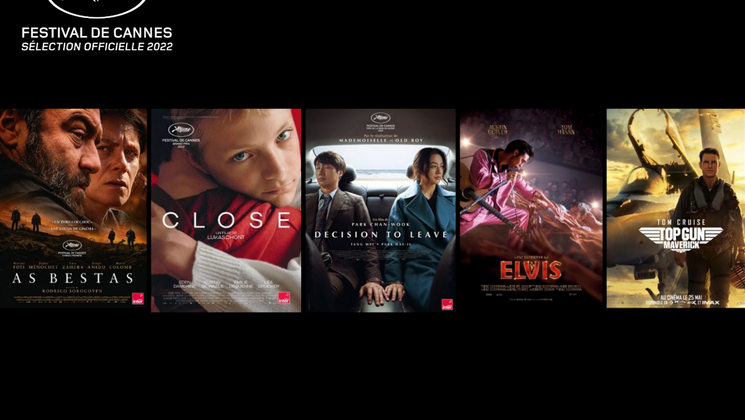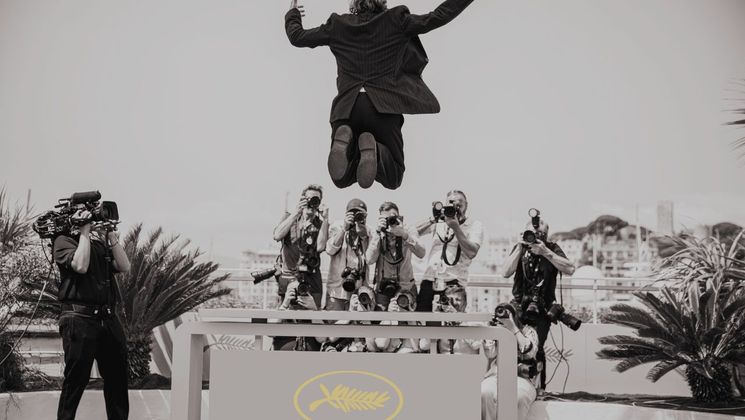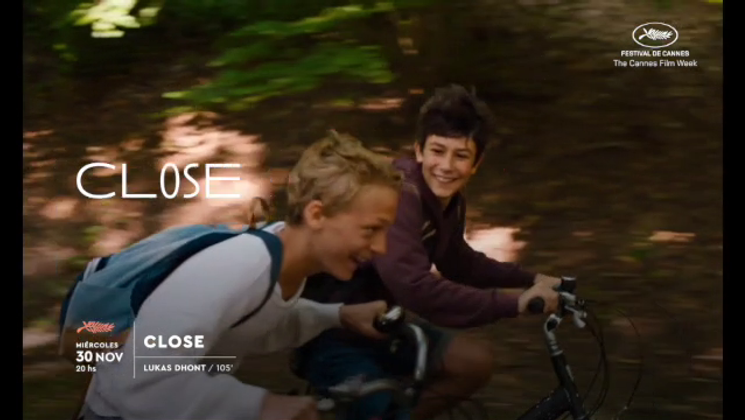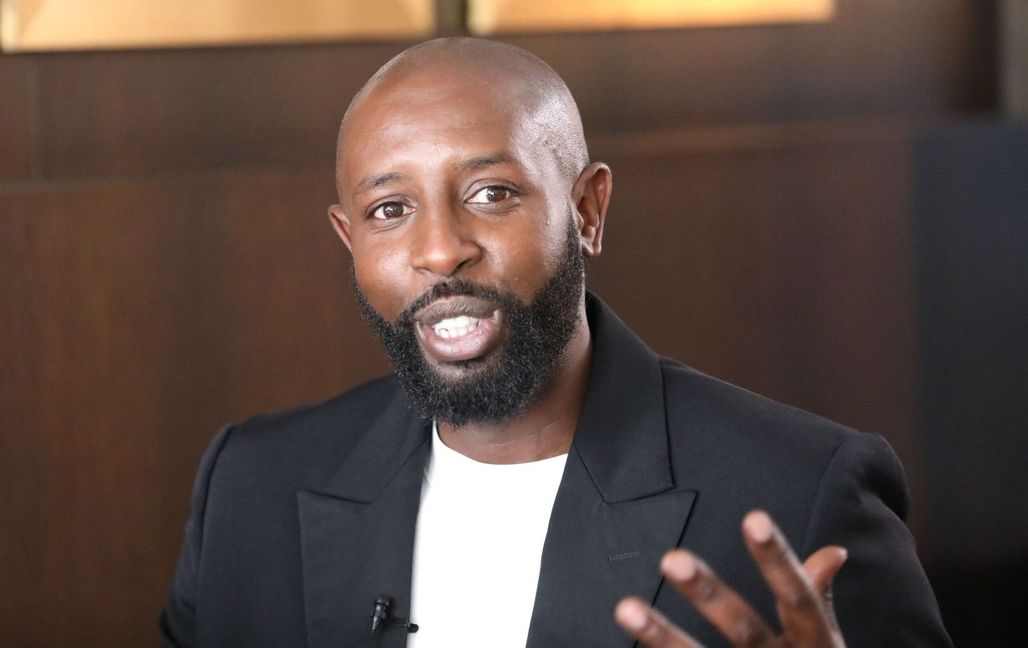
Meeting with Ladj Ly, member of the Feature Film Jury

His first feature film brought him international recognition. In 2019, Ladj Ly garnered the Prix du Jury for Les Misérables, the culmination of a long period of self-taught work filming from Montfermeil, in the Paris suburbs. Cinema for Ladj Ly is a group affair, that of the Kourtrajmé collective, faithful friends with whom he set up his film school in 2018. How do you learn and transmit? He confides in this interview.
Your first relationship with the image was copwatching, the act of filming the police during their interventions. In what way was it a good school?
Since I was 17 years old, I have had a camera in my hand. A small digital camera with which I filmed everything. Copwatching was a part of what I used to film, and then it became a speciality. With this camera, I gradually learned the notions of framing and lighting, without even realising it. I learnt everything on the job by filming all the time.
What has Les Misérables taught you in terms of directing?
Before that, I learned about cinema from my friends in the Kourtrajmé collective. I wasn't a film buff, this world was far from me and when I stepped into it, I didn't even realise that I was entering it. On Les Misérables, I knew exactly how I wanted to film, from what point of view, when to zoom in, what movements. Everything was very precise. Without being fully aware of it, I already knew how to film and direct. The cinematographer told me that I hardly needed him, but in reality, every time I gave him an idea, he always managed to sublimate it, he is a genius, he transcended the film.
What did you learn from this film?
I put a lot of pressure on myself before the shoot. But I soon realised that given the preparation work, it was easier than I expected. I was comfortable anyway. I realised that in the end it wasn't that complicated. I was used to doing everything alone, filming alone, editing alone, and the fact of being surrounded by a team, having people at each position, makes the work easier and takes away all the pressure.
Have you enjoyed a different relationship with cinema since this experience?
Of course. With Les Misérables and its success, I travelled a lot, I met a lot of fascinating filmmakers. That pushed me to see their films. It's the same for the members of the Jury. I talk a lot with Joachim Trier and Jeff Nichols and there is a good energy with all the other members. I didn't know everyone so I looked at everyone's filmography. Now I can't say I'm a film buff but I'm much more interested in cinema.
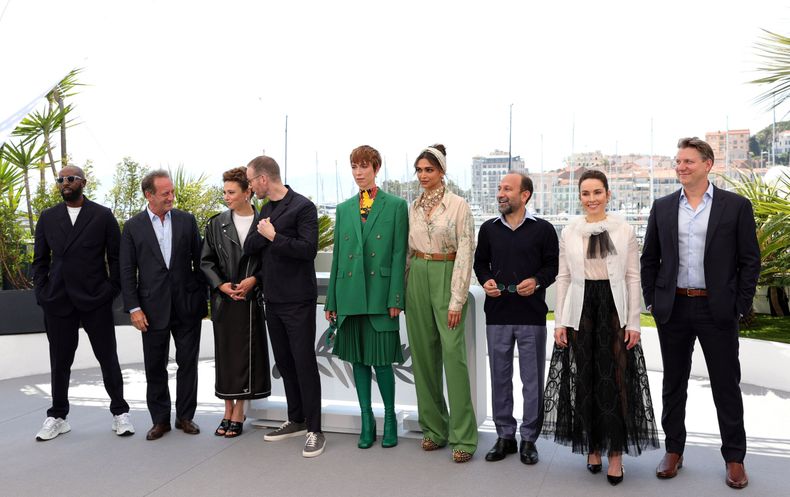
Feature Films Jury of the 75th Festival de Cannes © John Phillips / Getty Images
When you founded your school with Kourtrajmé, what generation of filmmakers did you hope to train?
We want to carry the new generation forward with the lessons we ourselves have learned from our self-taught training. We learnt everything on our own, without resources, without anything. The Kourtrajmé school is a bit like that: motivation, resourcefulness and mutual support.
What is the most important advice you would give to an aspiring director?
You need passion. It's such a hard job that it can't work without passion. After that, there is no secret, you have to work, work and work some more and don’t stop. That's the only way to improve.
What projects are you currently working on?
I co-wrote two films. The first one is by Kim Chapiron, The Young Imam, and the second one is by Romain Gavras, Athena. And I have just finished the script of my second film, I can't tell you more but I am very happy.
